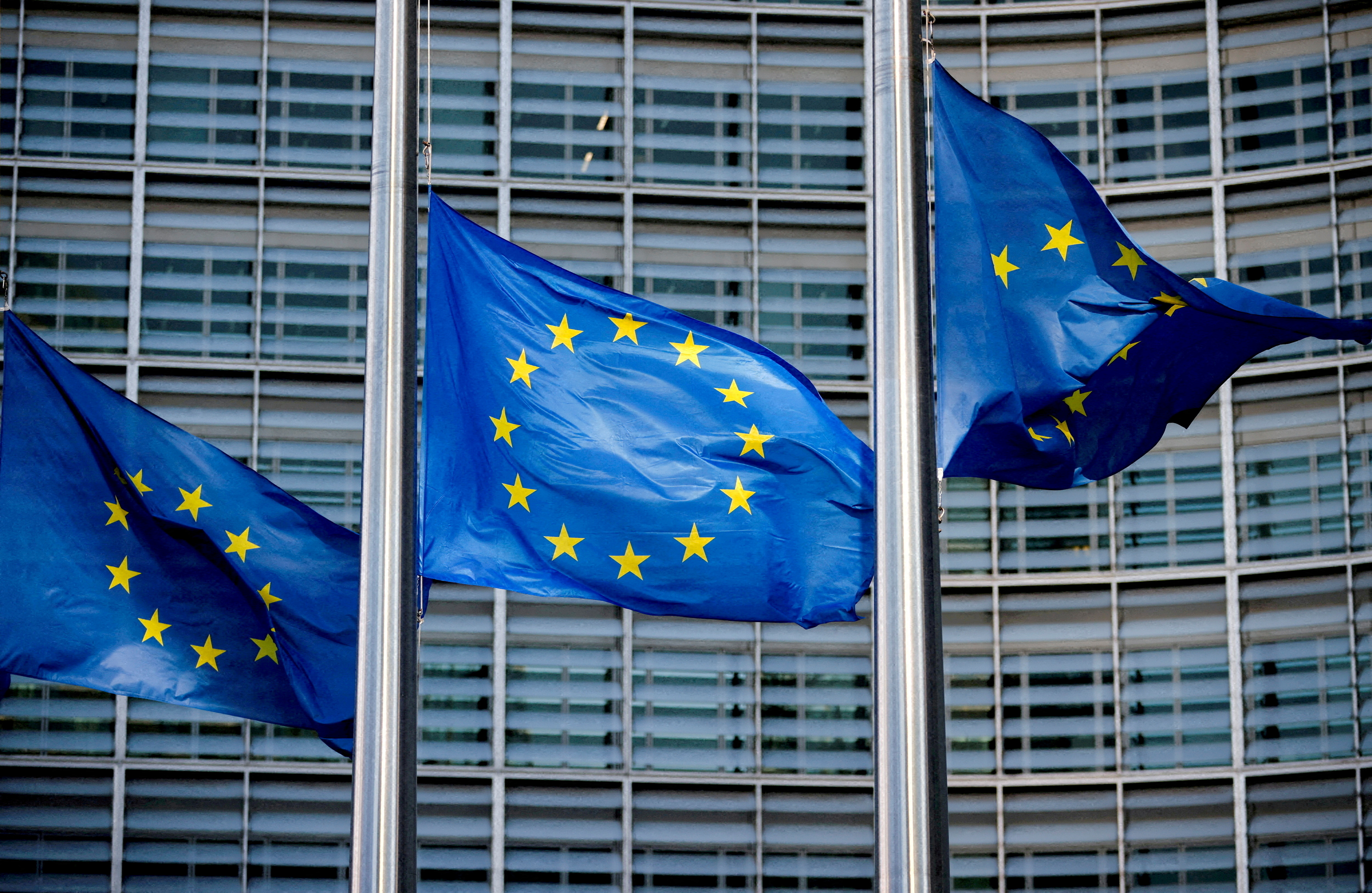
By Simone Tagliapietra and Cecilia Trasi
It has become clear that the European Union’s pursuit of a triple goal of decarbonisation, competitiveness and security requires better integration of the European Green Deal’s domestic and international aspects. Controversy over the international repercussions of the EU carbon border adjustment mechanism and, more recently, the EU deforestation regulation – seen as harming trade – has highlighted risks. Meanwhile, geopolitical tensions and the global clean tech ‘race’ have shown the potential cost of dependence on single suppliers for critical materials and components.
The international part of the Green Deal thus requires supply-chain diversification through stronger green diplomacy and strategic partnerships. The EU must marry decarbonisation and competitiveness, ensuring its external partnerships support both.
Different European Commission branches already engage with third countries through green industrial strategic initiatives, including Energy Partnerships, Green Partnerships, Critical Raw Materials Strategic Partnerships and the Global Gateway. It makes sense for different directorates to be in charge of different aspects of these collaborations, but it is nevertheless problematic that these initiatives are run in silos. This prevents an integrated approach covering the whole clean-tech supply chain, and risks creating inefficiencies within the EU’s climate and industrial diplomacy – ultimately diminishing the impact of the EU’s efforts.
New Clean Trade and Investment Partnerships (CTIPs), as proposed in Commission President Ursula von der Leyen’s political guidelines for 2024-2029, could offer a more comprehensive and impactful framework for clean industrial collaboration with third countries on clean energy, critical raw materials, clean tech trade and investments.
In theory, CTIPs could unite ongoing collaborations into a coherent framework, unlocking private sector investment in new clean supply chains, backed by public financial guarantees, technical assistance, new public procurement rules and innovative demand-side measures such as promoting guaranteed offtake agreements. CITPs could also reduce reliance on China. However, to succeed, CITPs require clear governance to avoid the pitfalls of duplication and disjointed efforts.
The mission letters sent by von der Leyen to Commissioners-designate reveal a worrying gap in this regard. While the domestic side of the Clean Industrial Deal – also promised in von der Leyen’s guidelines for the next five years – has a well-defined governance structure, with several commissioners reporting on different aspects to two coordinating commissioners (in EU jargon, the Executive Vice President for Clean, Just, and Competitive Transition and the Executive Vice President for Prosperity and Industrial Strategy), the international side lacks a similar structure. The two coordinating commissioners have no direct mandate to oversee the CTIPs.
The responsibility to lead CTIPs is given to the trade and economic security commissioner, who is expected to develop them in collaboration with the climate, net zero and clean growth commissioner and of the international partnerships commissioner. However, other relevant commissioners, including those for the Mediterranean and energy and housing, have not received mandates to work on CTIPs. Nor has the EU foreign policy chief, the High Representative for Foreign Affairs and Security Policy. This creates potential blind spots.
The lack of integrated political steering might be problematic, as efficiently coordinating the various clean strategic initiatives (and their respective commissioners) might prove difficult. This would be a missed opportunity, reducing CTIPs to just another initiative alongside existing ones, rather than the full-fledged clean industrialisation partnerships Europe needs.
Stronger oversight at the executive vice president level, in line with the Clean Industrial Deal, and clearer mandates for cross-sectoral coordination are needed. Without this, the CTIPs won’t fully integrate Europe’s external economic, climate and industrial policies, diminishing their potential impact.
Coordination failings might also mean the initiative is not taken seriously by EU countries, the collaboration of which is needed to mobilise private investments. The buy-in of national governments and EU development banks is necessary to set clear investment conditionalities aligned with the EU’s strategic goals. This will help prevent Europe from competing against itself globally and will ensure that CTIPs mobilise the necessary private sector investments effectively.
As the new European Commission takes shape, ensuring that CTIPs are properly governed and steered at the political level will be vital for them to really become the external arm of the Clean Industrial Deal.
Simone Tagliapietra is a Senior Fellow at Bruegel. Cecilia Trasi works at Bruegel as a Research analyst. The article was originally published by Bruegel, and also posted on the Blog of the Cyprus Economic Society.


